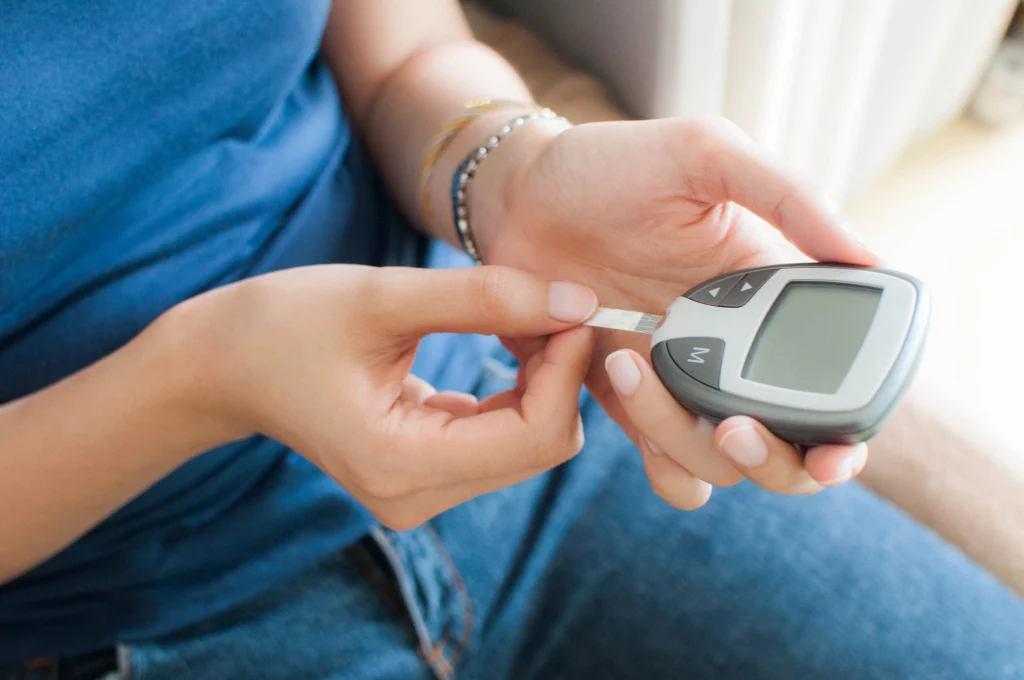Diabetes
There are a number of different methods for dealing with diabetes, including dietary changes, exercise, and stress management. Following the advice of your diabetes care team when you become ill is very important. In addition, you should make sure that your family and friends are also aware of your condition.
Dietary changes
If you want to get liberated from diabetes, you need to start making dietary changes today. Many Americans aren’t eating enough fruits and vegetables, and only one in 10 eats enough whole grains. The CDC says that poor diets are responsible for more than 52,547 deaths in 2012.
You should avoid processed foods, which contain high amounts of saturated fats, which increase your risk of heart disease, stroke, and type 2 diabetes. Some examples of processed foods are biscuits, cakes, and chips. Also, you should limit the amount of saturated fat you eat, which is found in meat, cheese, and dairy products. In addition, you should choose heart-healthy fats, such as canola oil and fish.
Exercise
Exercise is an important part of diabetes management. It improves insulin sensitivity in the body and reduces blood sugar levels. Exercise also makes the muscles more efficient at using glucose as energy. Exercise also lowers A1C levels. The effect of physical activity depends on how much and how long you exercise. Regular workouts also help to lower blood sugar levels for up to 24 hours after they have stopped.
In addition to improving insulin sensitivity, exercise also improves pancreatic insulin production, reducing the risk of a variety of diseases. In fact, even 20 to 25 minutes of exercise daily can have a beneficial impact on the body. Exercise should be performed at least two times a week, and should include activities that exercise large muscle groups and the heart. Exercise should also include stretches to improve flexibility and prevent muscle soreness.
The most important thing to remember when performing physical exercise is to monitor your blood sugar levels. If you have a low blood sugar level, it is best to stop and rest for a few minutes. If your blood sugar is still high after exercise, you might need to take another insulin injection or adjust your diet.
To start your exercise routine, choose an activity that you enjoy. Start slow, and then increase the amount of time each week. You can start small by taking the stairs instead of the elevator, or doing yard work or walking your dog. Gradually increase the duration of your exercise each week, and if you can’t do it alone, get a friend or partner to help you.
Stress management
Diabetes sufferers need to learn how to manage their stress, which is a major contributor to poor health. Chronic stress can lead to poor sleep, increased weight gain, and eating disorders. Fortunately, there are a variety of stress management techniques you can use to prevent many of these harmful effects.
Physical activity is an excellent way to reduce stress. Exercise has an antidepressant and anxiolytic effect. It is also important to exercise daily. Your doctor should encourage you to do this as it improves your overall health and may be beneficial in reducing stress.
While stress is not directly linked to diabetes, it can affect your blood sugar level. Moreover, it can affect your mood, your emotional state, and how you look after yourself. You can learn to manage your stress by adopting simple techniques. Learning how to manage your stress can help you manage your blood sugar levels.
End
Another technique you can use to manage your stress is mindfulness. Mindfulness promotes an awareness of the present moment. By adopting this technique, you will learn to accept the present moment without judgment.
Apart from this if you are interested to know about Health Checkup then visit our HEALTH category.

